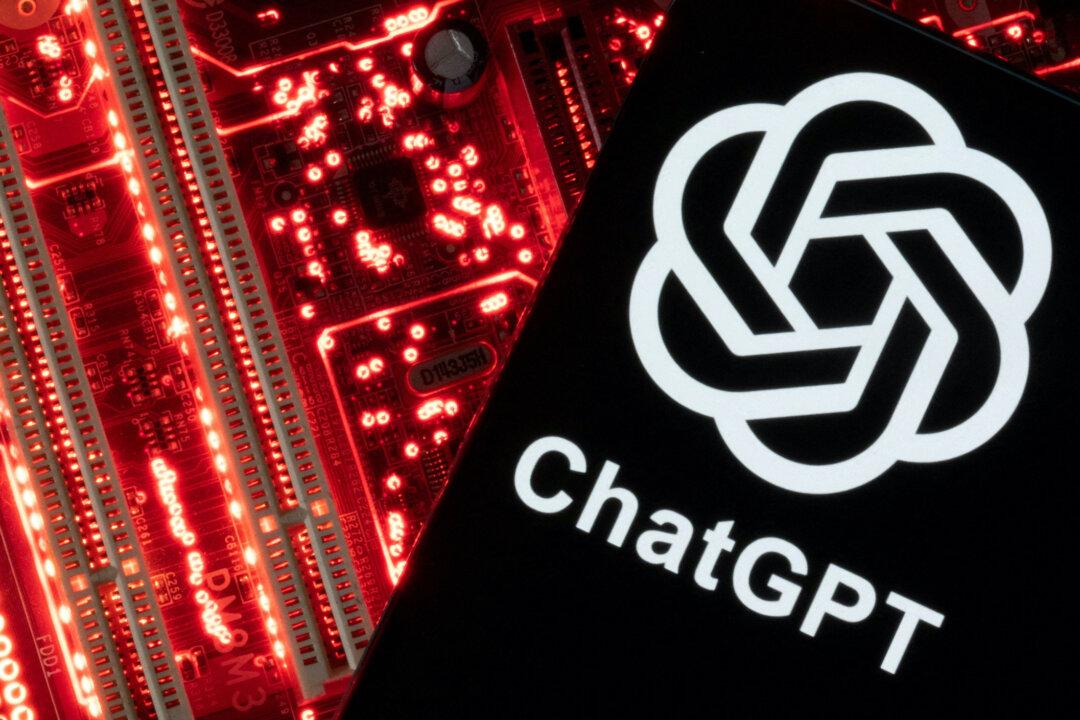Artificial intelligence (AI) could lead to the elimination of 300 million full-time jobs, according to a new study.
A March 25th report by economists at Goldman Sachs Group (GSG) stated that improvements in AI technology may cause almost a quarter of existing positions in the United States and Europe to be replaced, but that new jobs may be created in the process, leading to a future productivity boom.
The newest wave of generative AI platforms like ChatGPT could allow companies to replace people with automated technology and do their tasks more efficiently, said the study.




